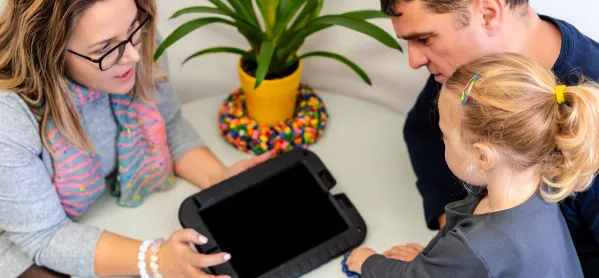Children who have been in contact with a social worker perform significantly worse in their GCSEs than their peers, new DfE research has found.
The analysis, published today, shows that the average classroom has three pupils who have needed a social worker at some point the last six years.
The new data has been released ahead of a speech tomorrow in which Damian Hinds will underline the importance of understanding how multiple types of disadvantage can converge and stunt social mobility.
Quick read: Data reveals poor pupils’ Xmas jumper shame
Read: Labour to swap ‘social mobility’ for ‘social justice’
Opinion: If we are to ask schools to take on inequality...
The education secretary said: “To unlock social mobility, obviously you need to understand what holds people back.
“New data and analysis are giving us key insights on the nature of educational disadvantage, and how it has been changing.
“Parental income obviously matters but there are multiple other factors to consider, and these factors can and do overlap and reinforce each other.
“The new analysis will help to inform how we work through the school system, and with bodies like the Education Endowment Foundation, to rebalance the odds for more children.”
On Friday, the DfE published research showing that disadvantaged pupils achieve the lowest attainment and progress in their GCSEs when they go to isolated rural schools.
Today’s research examines the impact of overlapping disadvantages on a child’s school grades, such as eligibility for free school meals, special educational needs, the qualifications of a child’s mother, parental engagement in a child’s education and access to a computer with the internet in the home.
It says that children experience the worst outcomes when they are faced with multiple disadvantages, and this has a compounding impact on their ability to do well in school.
It also reveals that 1.6 million children across England have come into contact with social services in the last six years.
The report shows that children who had been in contact with a social worker at any time since year 5 achieved on average 20 grades lower at GCSE than their peers, meaning they get two grades lower in each of 10 GCSEs.




